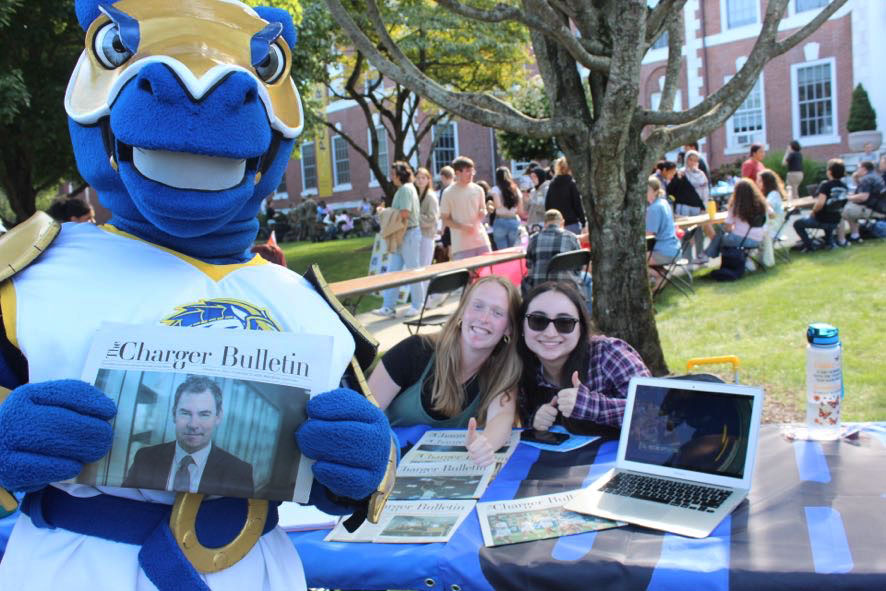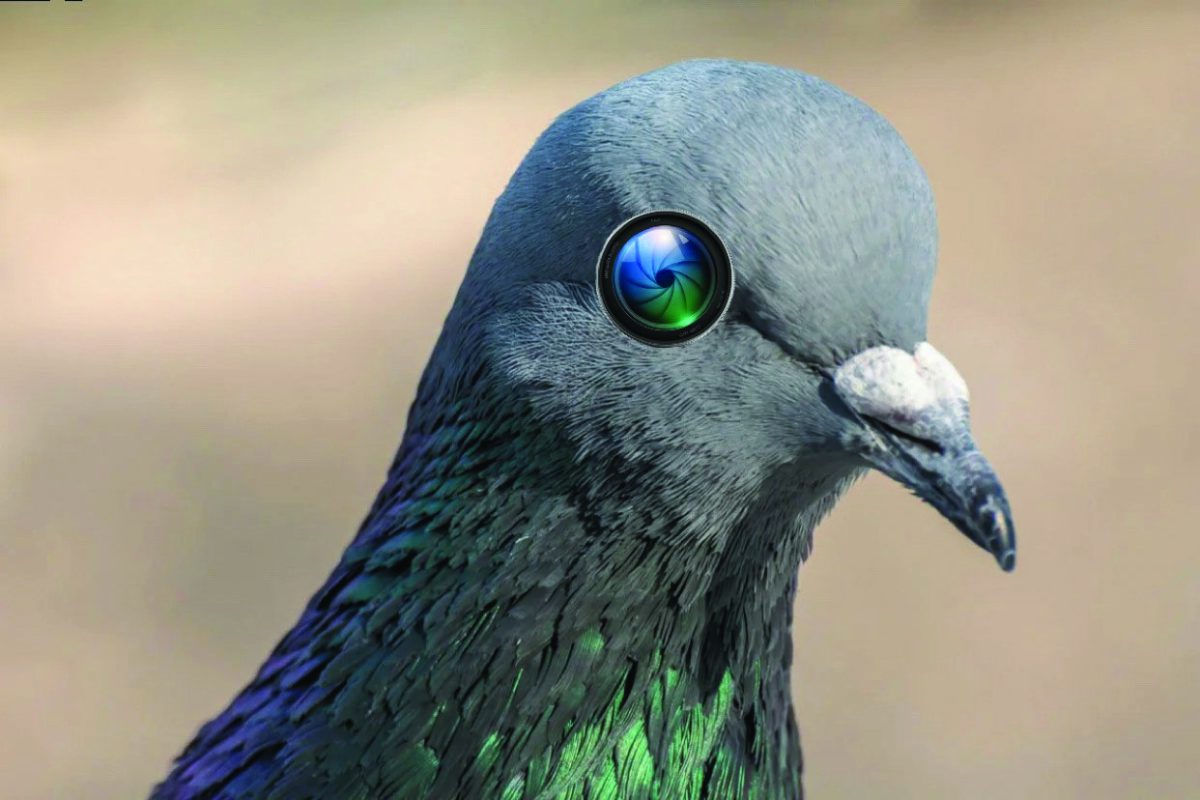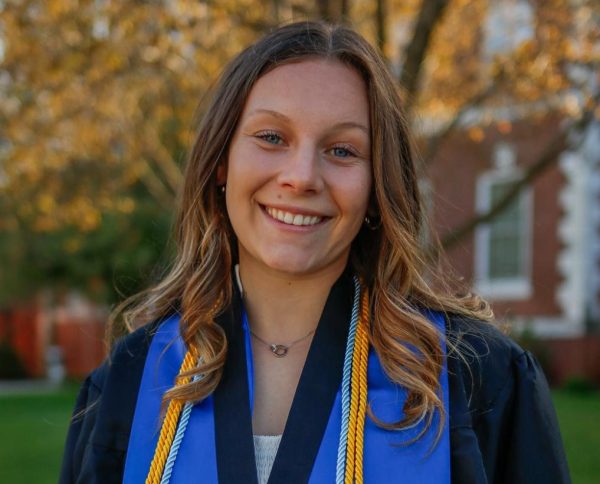Living with a skin condition has given me a superpower, but I don’t think anyone wants this particular power. From yards away, I know I am being stared at. The beach in the summer, shorts at the gym and flowy dresses in the spring have always been things I dreaded.
I can feel the questioning thoughts, the disgusted looks as well as ignorance.
My skin bears patches of pale absence amid the sea of melanin. In the eyes of society, I am not the norm, an anomaly among a symphony of uniformity. Yet, within the depths of my being, I find beauty in the mosaic of me. These gentle strokes of art are called piebaldism, a skin condition I was born with.
According to the National Library of Medicine, piebaldism simply is “a condition characterized by the absence of cells called melanocytes in certain areas of the skin and hair.” This is different to vitiligo, which everyone assumes I have, but it is a condition less known but equally significant in shaping my identity.
Through the lens of piebaldism, I perceive the world with a clarity that eludes people who are blinded by the illusion of perfection. This condition was passed down by my father and from generations before us. One day, I decided to ask my dad a question that has been on my mind for years: “Did you hope one of your kids had the same skin condition as you?” His answer, “No, because it impacted me so negatively growing up, I didn’t want to see it happen to my own kid.”
His answer was surprising, but I can relate. He may not have wanted one of his kids to share his condition, but his confidence and words were what allowed me to keep my confidence and self-love. If my dad didn’t remind me so often growing up how powerful and beautiful I am, I would not be the person I am now. I knew my worth even when almost every child and adult had something negative to say to or about me. When I was three, my mom had to defend herself to other parents that my hair was not bleached white. Was it so hard to believe the white in my hair is natural?
Less than one in 20,000 people inherit this condition. Piebaldism carries no long-term health concerns that spring from it, but I need to be extremely careful in the sun. Instead of getting a nice tan, my white patches blister and hurt a lot. Growing up, my family made sure I was protected against the sun, maybe a little more than my siblings.
Sorry, guys.
I know I am not the only person to feel less than or ugly because of something that makes me unique and my superpower didn’t happen overnight. I have had plenty of nights where I cried myself to sleep and wished I was born “normal.” Now, I’m at a point where I am confident in my skin and I hope everyone can learn to love themselves the way I do.
Embracing diversity and celebrating individuality can lead to a more inclusive and compassionate society. If my experience helps one person feel less alone, then my job is finished.











